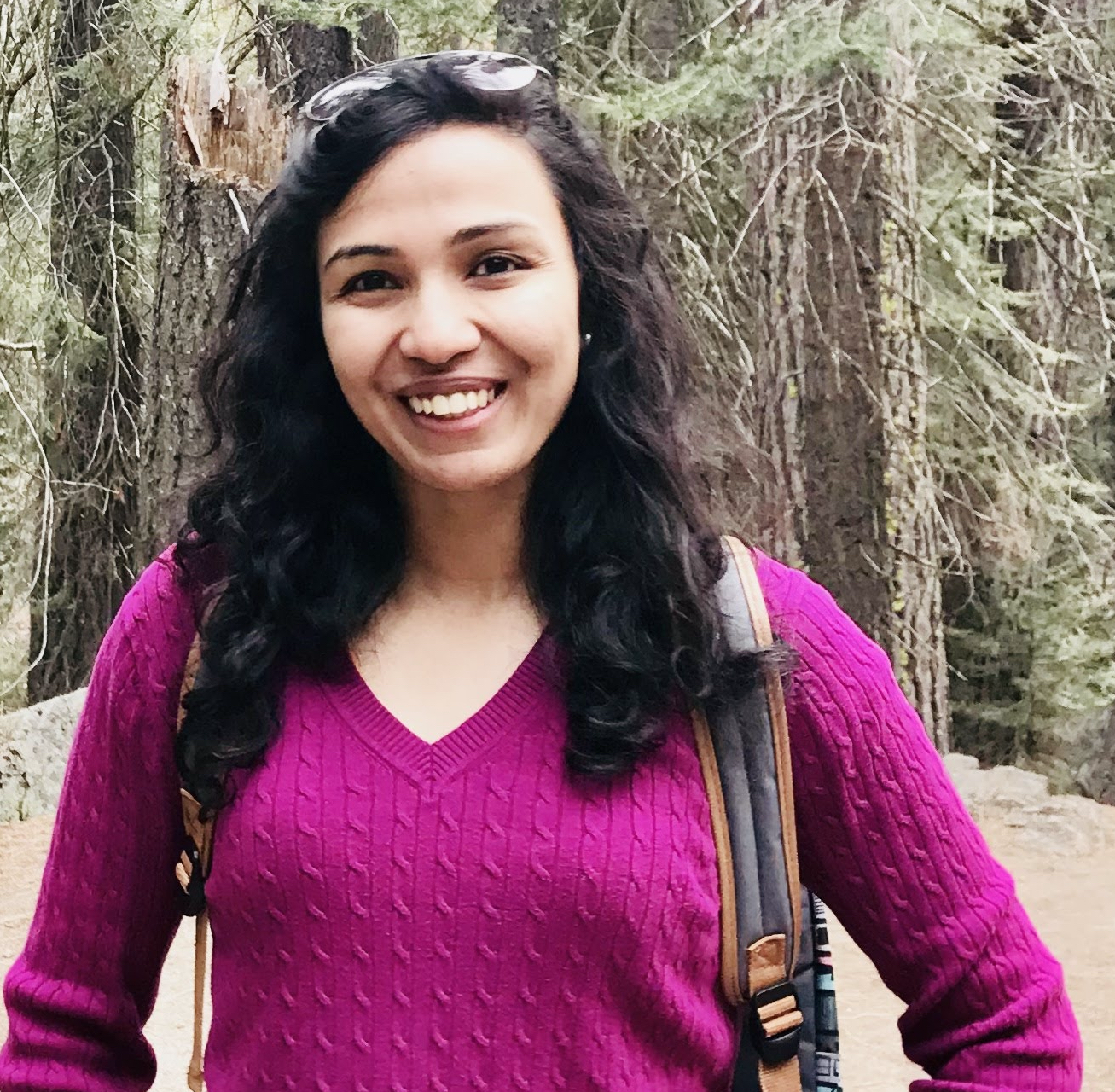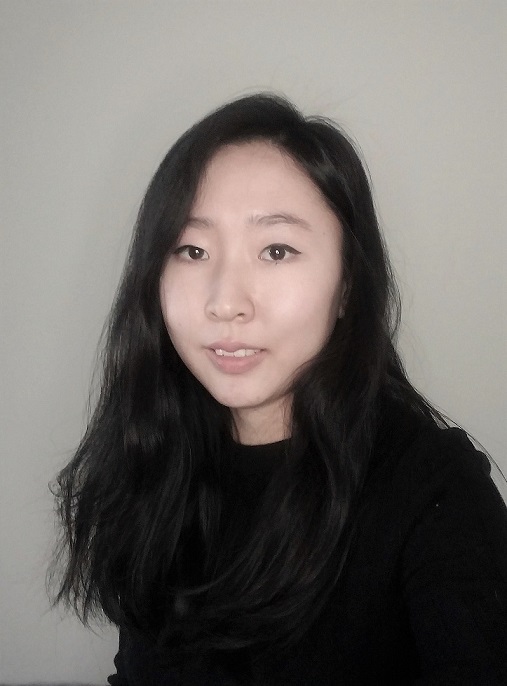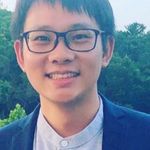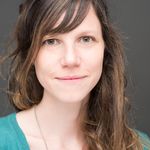CDS Faculty Fellows
The Faculty Fellows Program in the Faculty of Computing & Data Sciences (CDS) is conceived to develop and nurture a strong community of exceptional faculty members who pursue novel computational and data-driven research with strong potential for long-term impact. To that end, the program endeavors to identify and support newly recruited faculty members in various disciplines at BU, and to provide them with opportunities for connecting with the faculty members and programs in CDS. Below is a list of our CDS Faculty Fellows.
Learn about the CDS Faculty Fellows Program
 Deepti Ghadiyaram (2023)
Deepti Ghadiyaram (2023)
Deepti Ghadiyaram will be joining the Department of Computer Science as an assistant professor in July of 2024. She is currently a staff research scientist at Runway, where she focuses on improving quality and safety of generative models. Previously, she was a senior research scientist at Fundamental AI Research (FAIR) in Meta AI, focusing on broad topics in computer vision and machine learning. Deepti received her PhD in computer science from the University of Texas at Austin in 2017. Her research interests span topics including visual scene understanding, fair and inclusive computer vision, explainability, and perceptual visual quality. She has served her professional community in many ways, including as area chair and program committee member in major machine learning and AI conferences. Discover more about Deepti.
 Najoung Kim (2023)
Najoung Kim (2023)
Najoung Kim is an assistant professor at the Department of Linguistics, an affiliated faculty in the Department of Computer Science at Boston University, and a visiting faculty researcher at Google. Before joining BU, she was a faculty fellow at the Center for Data Science at New York University and received her PhD in cognitive science at Johns Hopkins University. Najoung is interested in studying meaning in both human and machine learners, especially ways in which they generalize to novel inputs and ways in which they treat implicit meaning. Her research has been supported by the National Science Foundation (NSF) and has received awards at venues such as the Meeting of the Association for Computational Linguistics and *SEM.
 Archana Venkataraman (2023)
Archana Venkataraman (2023)
Archana Venkataraman is an associate professor of electrical and computer engineering and an affiliate faculty in the Departments of Biostatistics and Biomedical Engineering at Boston University. From 2016-2022, she was an assistant professor at Johns Hopkins University. Currently, Archana directs the Neural Systems Analysis (NSA) Laboratory, which works at the intersection of biomedical imaging, artificial intelligence, and clinical neuroscience. Her work has yielded novel insights into neurological disorders such as autism, schizophrenia, and epilepsy, with the long-term goal of improving patient care. Archana has won numerous awards, notably an NSF CAREER and recognition by MIT Technology Review as one of 35 Innovators Under 35. Her research is supported by NSF and the National Institutes of Health.
 Chris Chao Su (2022)
Chris Chao Su (2022)
Chris Chao Su is an Assistant Professor of Emerging Media Studies at College of Communication and the East Asia Studies Career Development Professor at BU. His research focuses on online media audiences, social media analytics, and mobile media use and consumption. Broadly speaking, his research explores how media audiences take shape in an increasingly fragmented digital media environment using computational methods. His previous work also examines the diverse effects of media affordance, with respect to the relationship between social media use and political behaviors. He holds a PhD in Communication from The Chinese University of Hong Kong, a MA from New York University, a BA in Journalism from Wuhan University with a minor in Computer Science. He was a postdoctoral researcher at University of Copenhagen prior to joining Boston University.
 Ana Fiszbein (2022)
Ana Fiszbein (2022)
Ana Fiszbein joined the Biology faculty in January 2021. Drawing on molecular, computational, genomics, and evolutionarily approaches, her research focuses on the mechanisms, regulation, and evolution of mammalian gene expression. Her current projects are focused on understanding the mechanistic connections between transcription and splicing in human transcriptomics, and their dysregulation in cancer. Her recent sponsors include the Pew Charitable Trusts, the Massachusetts Life Science Center, and the Smith Family Foundation. She is the 2021 Innovation Career Development Professor at BU, and a Junior Faculty Fellow of the Hariri Institute for Computing. The author of seminal articles published in top journals, book chapters, and patents, Ana holds a Ph.D. in Molecular Biology from the University of Buenos Aires, and was trained as a postdoctoral fellow in Computational Biology at MIT.
 Dokyun Lee (2022)
Dokyun Lee (2022)
Dokyun “DK” Lee is a Kelli Questrom Chair Associate Professor of Information Systems and Digital Business Fellow at Questrom School of Business. He studies the responsible application, development, and impact of AI in e-commerce and the digital economy with a heavy focus on the economic impact of textual data along with content extraction, understanding, and engineering. He runs the Business Insights through Text Lab. He is a recipient of ISS Gordon B David Young Scholar and MSI Young Scholar Awards. His research has won multiple best paper awards and is supported by organizations such as Adobe, Bosch Institute, Google Cloud, Marketing Science Institute, McKinsey & Co, Nvidia, and Net Institute.
 Debarghya Mukherjee (2022)
Debarghya Mukherjee (2022)
Deb Mukherjee will be starting as an assistant professor in the Department of Statistics in Fall 2023, after completing a postdoctoral fellowship at Princeton University. He obtained his Ph.D. in Statistics at the University of Michigan where his research focused on the analysis of complex statistical models, especially in high dimensions, where the geometry of the problem becomes extremely relevant. Beyond dealing with independent data settings, Deb is now starting to explore models that capture data dependency, e.g., spatial or temporal dependence under some mixing condition. He is also actively working on algorithmic fairness, domain adaptation, and domain generalization, all of which fall within the purview of constrained classification. One of his key goals is to delve into the connections among these fields that allow the development of machine learning methodologies for optimal transfer of knowledge from one domain to another while preserving fairness. More on Deb’s background is available on his website.